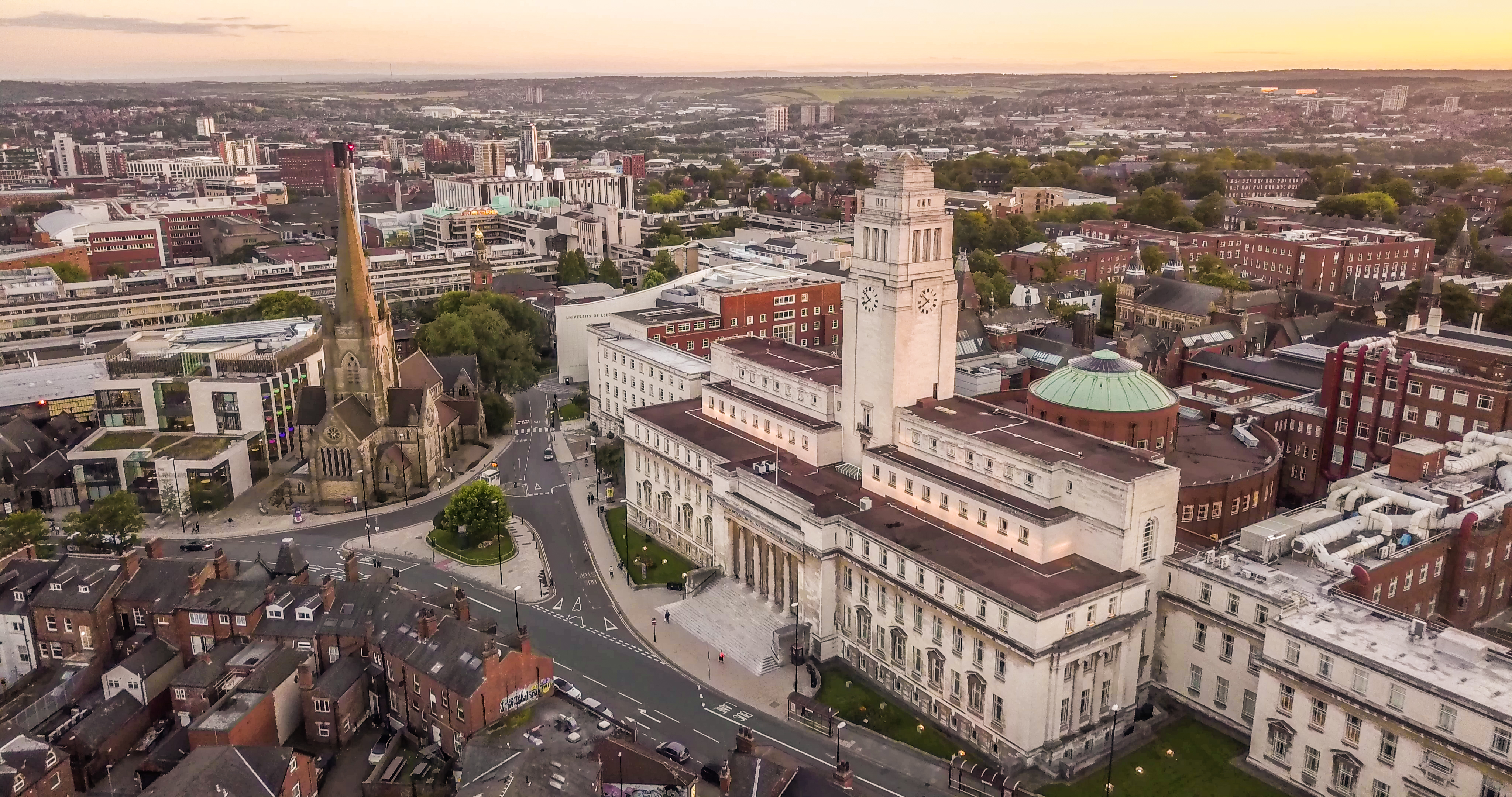Achieving net zero emissions

In September 2019 the University of Leeds announced plans for bold action on achieving net zero: reducing its own carbon footprint to net zero by 2030 and focusing teaching, research and engagement on this grand challenge. This page highlights how the University is meeting the research strand of its broader ambitions.
Experts across campus are working together to develop solutions that meet the unprecedented scale and complexity of the challenges involved in achieving net zero emissions, from bioenergy to renewables, governance systems to sustainable transport. Through our net zero initiative we are harnessing our diverse research expertise to deliver these necessarily ambitious targets. Our researchers are working with businesses, governments and communities to identify the most promising solutions that can withstand a warmer climate and deliver multiple benefits for human quality of life and the planet.
What is net zero?
In order to limit the increase in global mean temperature to well below 2°C - pursuing efforts for 1.5°C - as set by the Paris Agreement, several countries including the UK have set targets to reduce greenhouse gas (GHG) emissions to net zero by 2050, or even before.
Net zero GHG emissions refers to the overall balance between GHGs emitted into the atmosphere and GHGs actively removed from the atmosphere.
To achieve net zero, GHG emissions must be reduced to zero where feasible and any remaining GHG emissions must be balanced by active removal from the atmosphere through natural or technological processes that lead to negative emissions.
Net zero research at Leeds
The need for rapid, large-scale action to achieve net zero by 2050 is paramount and will have significant ramifications reaching across the economy and society, as decarbonisation is accelerated. Technological innovation, ambitious policy implementation, and behaviour change are all essential for delivering net zero. Research at the University of Leeds spans three key areas of action, and three fundamental principles that must cut across these areas.
Key areas of action
Decarbonising energy supply
Reducing demand
Capture and removal
Fundamental principles
Just transitions
Ensuring resilience
Delivering co-benefits
Action across scales
University of Leeds researchers are leading the way in delivery of net zero at the international, national and local scales:
International
Leeds is heavily engaged with the Intergovernmental Panel on Climate Change (IPCC). The IPCC’s scientific assessments have been seminal in the development of the Paris Agreement and in ongoing efforts to support countries in setting emissions reduction commitments to meet the 1.5°C target. Leeds researchers continue to contribute to IPCC assessments used in periodical stocktakes of the Paris Agreement implementation.
National
Leeds research and expertise underpinned the ground-breaking commitment by the UK government to reduce greenhouse gas emissions to net zero by 2050. The recommendations from the UK Committee on Climate Change, on which this commitment is based, includes a broad range of input from the University of Leeds, including key evidence on remaining emissions, the UK’s carbon footprint and energy demand reduction.
Local
Leeds researchers are leading the Leeds Climate Commission which seeks to be an independent voice in the city, providing authoritative advice on steps towards a low carbon, climate resilient future so as to inform policies and shape the actions of local stakeholders and decision makers. Leeds researchers have developed a carbon roadmap for Leeds, demonstrating that Leeds could become carbon neutral by 2050.
Net zero on campus
In September 2019 the University of Leeds announced plans for bold action on climate, outlining seven principles to guide the University’s actions. Working with Leeds academics, researchers and students, and supported by the Sustainability Service, the University has developed a comprehensive Climate Plan. The plan represents the single biggest investment the University have ever made: £174 million over the next decade, more than £150 million of which will be put towards achieving the goal of net zero greenhouse gas emissions by 2030.
